Rochester Beacon Academy
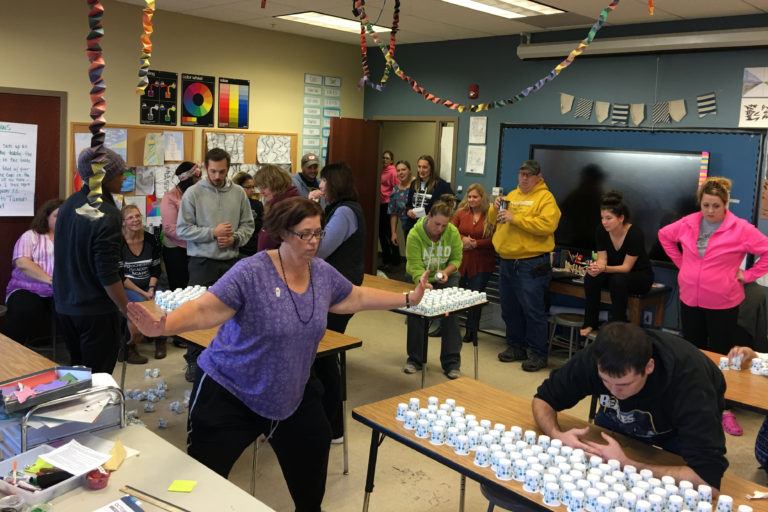
Nicole Musolf was drawn to the world of education because she loved working with kids. After teaching for six years, she realized she could have more impact as an administrator. Now, instead of just having an influence on 30 kids a year, she works with about 140 students and a staff of 45 as the executive director of Rochester Beacon Academy.
“We had a parent literally cry because their eighth-grader had a reciprocal conversation on the phone with another kid that they knew from our school. That’s a win and a long-time coming.”
Nicole Musolf, Executive Director, Rochester Beacon Academy
An Educational Beacon of Hope for Non-Neurotypical Students
This number pales in comparison to other Rochester Public Schools, which has over 17,000 students in its district. However, Rochester Beacon Academy, as its name implies, is there as a ray of light for non-neurotypical students who too often fall between the cracks in the larger public schools. Year-to-year, anywhere from 60-80% of its students have an individual education plan (IEP), meaning they qualify for special education services. “These are kids who have emotional issues, autism, learning disabilities, cognitive delays, physical impairments, or face discrimination in some other way,” said Nicole. Those students without IEPs are there because they have a history of trauma, have mental health concerns, or just weren’t keeping pace with the typical educational structure.
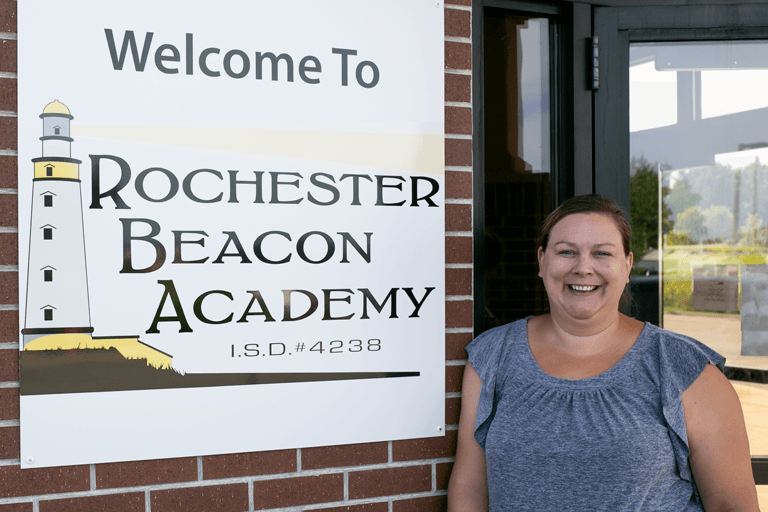
Nicole’s personal mission has continued to evolve; she went from just wanting to work with kids to now seeing herself as an advocate on their behalf. “I was drawn to Rochester Beacon because a lot of these kids are written off,” said Nicole. “They’re told they’re not good enough, that they don’t meet society’s idea of what a child should be, and they’re kind of boxed in. I get really irritated when people put glass ceilings on kids because that’s not our job. If fostered correctly, they can really soar.”
School to Career-Ready
Nicole acknowledges that success looks different for the students at Rochester Beacon. Last year, they graduated 12 seniors. One of them already has a job at a local grocery store giving food samples. “They’re joining their community, which is the purpose of our mission: that our kids can join our community and live,” explained Nicole. For others, success may be spending middle school at Rochester Beacon until they feel confident to enter back into the public school system.
Success for non-neurotypical children also shows up in small ways. “We had a parent literally cry because their eighth-grader had a reciprocal conversation on the phone with another kid that they knew from our school,” said Nicole. “That’s a win and a long-time coming.” The staff at Rochester Beacon are not just teaching, they are modeling how everyday relationships work, how to respond to feelings like anger and confusion, and ultimately, how to be engaged members of the community. Many of its students are not college-bound, but rather career-bound. Its mission is to allow students to reach their full potential and join their community with success.
Balanced Budget, Complicated Cash Flow
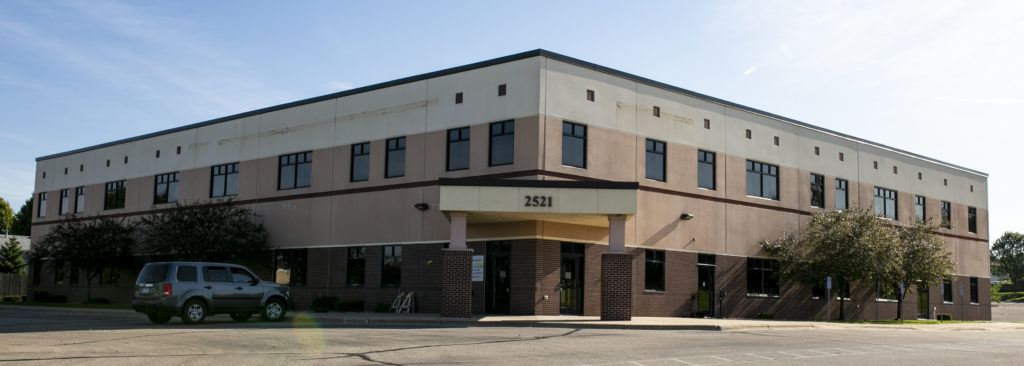
Rochester Beacon Academy opened its doors in 2015. It’s a grade 6-12 school that will enroll 142 students in the 2019-2020 school year. Nicole has been there since 2016, but the 2017-2018 school year was her first as the executive director, and every year she learns a new lesson about the nuances and complexities of charter school financing. “It’s very different from how you run your own personal checkbook,” she explained. “Your budget and cash flow line up in your personal life. You work for $30K a year, you know how much you’re taking home every two weeks.”
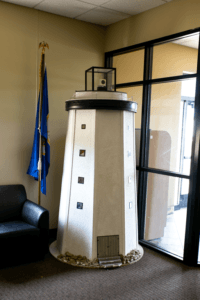
The equation is not nearly as straightforward in charter school financing. Rochester Beacon Academy has a balanced budget, but cash flow is always challenging because of a lag in reimbursement, coupled with a percentage hold-back from the State that in the best-case scenario comes 3-4 months after the school year ends. Unlike a traditional school district, charter schools can’t levy the tax base to make up budget gaps, either, so they can’t count on raises. Furthermore, because so many of Rochester Beacon’s students are on IEPs, that particular bucket of holdback dollars from the state is significantly larger than most schools.
These are all the reasons Nicole partnered with Phil Hatlie at Propel Nonprofits for a loan. “The big thing Phil has made very clear is that he will not deny us money if the issue is cash flow-related,” said Nicole. “For me, that’s a load off because a cash flow issue will have the biggest impact on my staff the quickest. If we don’t have cash, I can’t make payroll, teachers will get upset, and it’ll be a quick domino effect from there.” With cash flow under control, Nicole and her staff are putting the final touches on classrooms and are almost ready for the school year to begin.
To learn more about Rochester Beacon Academy, visit its website: https://www.rochesterbeaconacademy.org/.
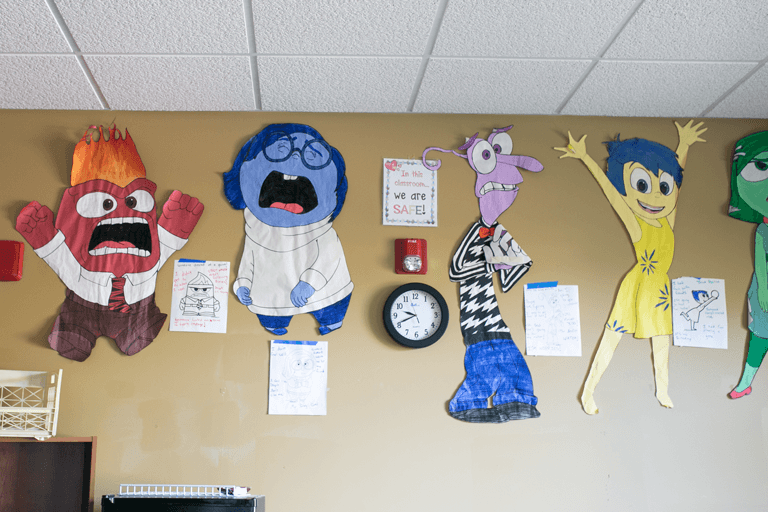
Related Services
-
Lending
Propel Nonprofits makes loans to a wide range of nonprofits of different sizes and fields of service to strengthen and expand programs, manage cash flow, and finance real estate projects. Our lending team determines the best approach to meet your needs, and sticks with you to address challenges.
